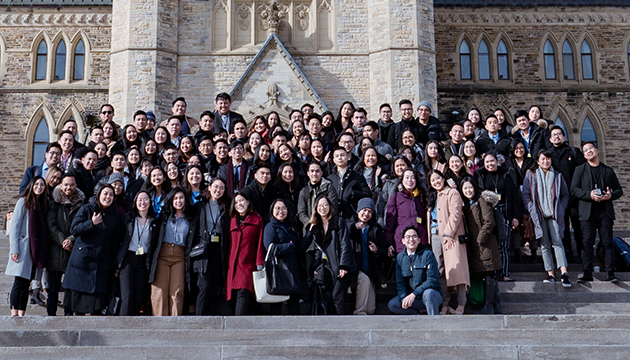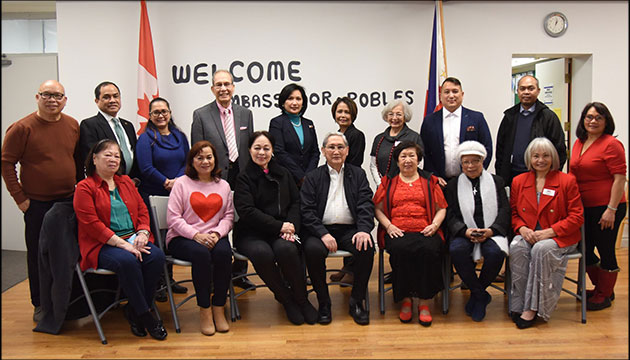July 1, 2025 - Canada’s Province of Nova Scotia and the Philippine government signed a memorandum of understanding (MOU) aimed at enhancing the protection of rights and welfare of overseas Filipino workers (OFWs) based in Nova Scotia.
Nova Scotia’s minister of advanced education Brendan Maguire and Philippines’ Department of Migrant Workers (DMW) secretary Hans Leo Cacdac met on June 9 in Mandaluyong City to formally sign the MOU.
The MOU, a product of three years of negotiations, will facilitate further work opportunities in Nova Scotia for while ensuring employers in the province address critical labour needs.
Cacdac said the agreement is a “testament to our shared commitment to deepen bilateral ties and promote a labor migration system grounded in dignity, fairness, and opportunity.” He continued, “We are optimistic that this partnership will serve as a model for future bilateral labor agreements.”
For his part, Maguire acknowledged the Filipino community’s contributions in Canada, particularly in the province of Nova Scotia. “Filipinos are some of the most hardworking, compassionate, and community-minded people I’ve had the pleasure to work with,” Maguire said. “This MOU reflects our mutual respect and shared goals.”
The agreement aims to promote ethical, transparent, and people-centered labour mobility between the Philippines and Canada, emphasizing workers’ welfare, skills development, and fair treatment.
It also lays the foundation for collaboration in critical areas such as ethical and fair recruitment practices, professional and technical skills development in partnership with Philippine technical and educational institutions, reintegration programs for returning Filipino workers, and joint initiatives to ensure lawful migration pathways.
During the signing of the MOU, Nova Scotia’s deputy minister of advanced education Tracey Barbrick announced that the province is exploring a pilot program that would align the province’s healthcare curriculum with Philippine-based learning institutions to ensure that educational qualifications are recognized in both Canada and the Philippines.
Barbrick added that the province is looking at the concept of “dual credentialing” wherein a Filipino could finish a degree program in the Philippines that would be recognized by Nova Scotia “for the same degree through an institution arranged between a university (in the Philippines) and a university in Nova Scotia.” She added that Filipinos make up almost 60 percent of the province’s internationally educated nursing workforce.
Maguire highlighted labour demands in Nova Scotia, particularly in the healthcare sector, construction and other skilled trades.
In 2023, the Philippines was one of Nova Scotia’s top five countries of origin for immigrants. The province provides immigrants access to community-level settlement supports including language services, training and employment supports as well as connections to community groups and services. As a result, its six-year rolling retention rate is the highest in Atlantic Canada at 70 percent.
The Philippines’ Department of Foreign Affairs (DFA), through its assistant secretary Jose Victor John Gonzaga, reaffirmed DFA’s commitment to the Philippines–Nova Scotia labour partnership, promising strong support for migrant worker protection and international cooperation.
“The DFA stands with the Government of Nova Scotia and the Department of Migrant Workers, shoulder to shoulder, as we usher in a new era of collaboration through the Cooperative Alliance,” Gonzaga said. He added, “We remain steadfast in our shared objective of creating more opportunities for—and protecting the rights of—Filipino migrant workers.”
Joining the signing ceremony were key Philippine government officials, including Overseas Workers Welfare Administration’s Patricia Yvonne Caunan, DMW undersecretary Bernard P. Olalia, and representatives from the Embassy of Canada in the Philippines.
DMW data showed that over 3,000 OFWs were deployed to Nova Scotia through private recruitment.














